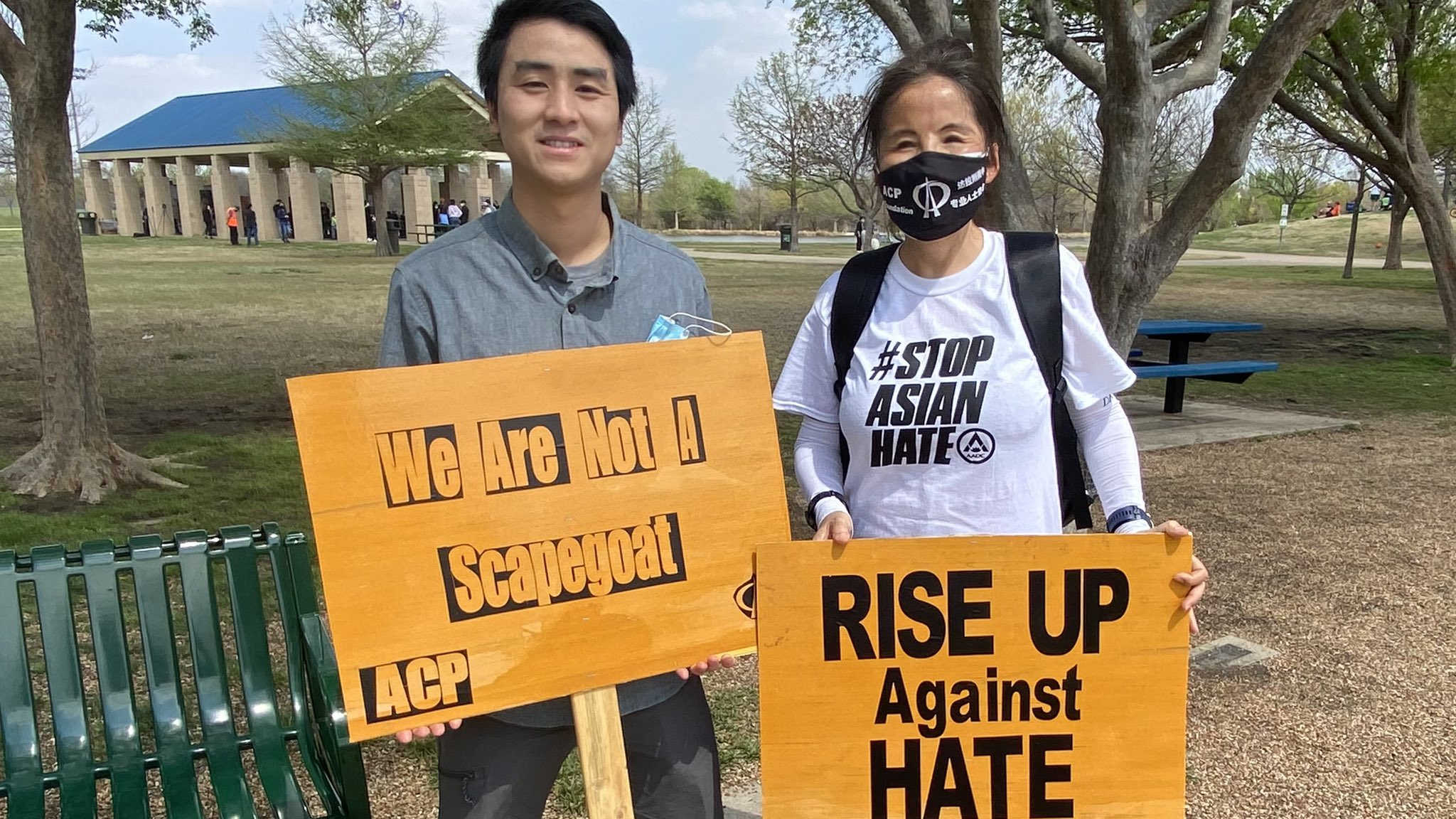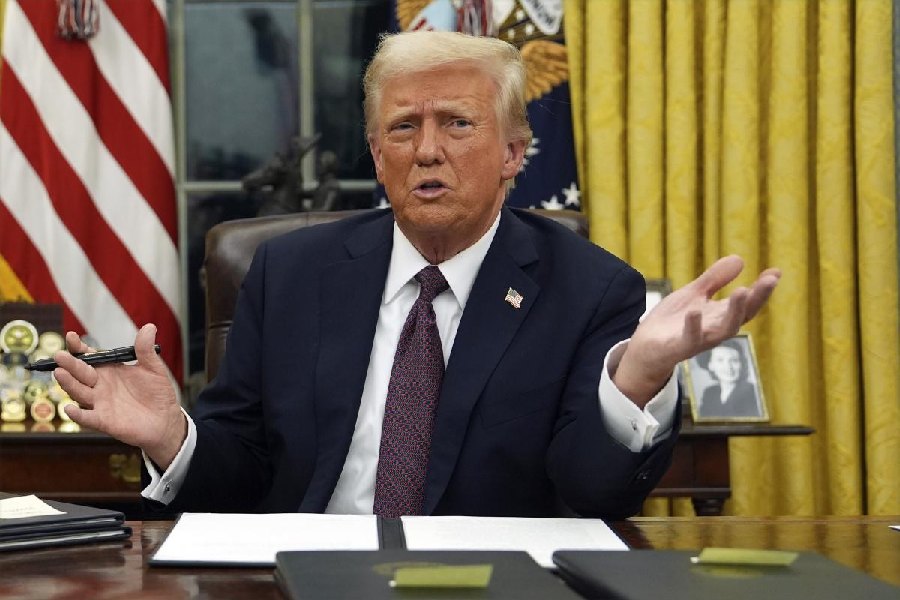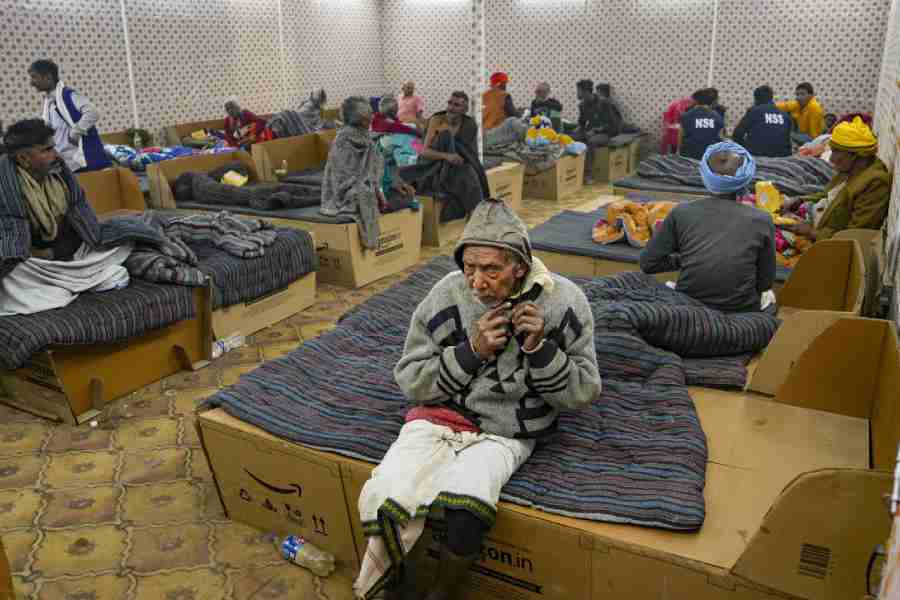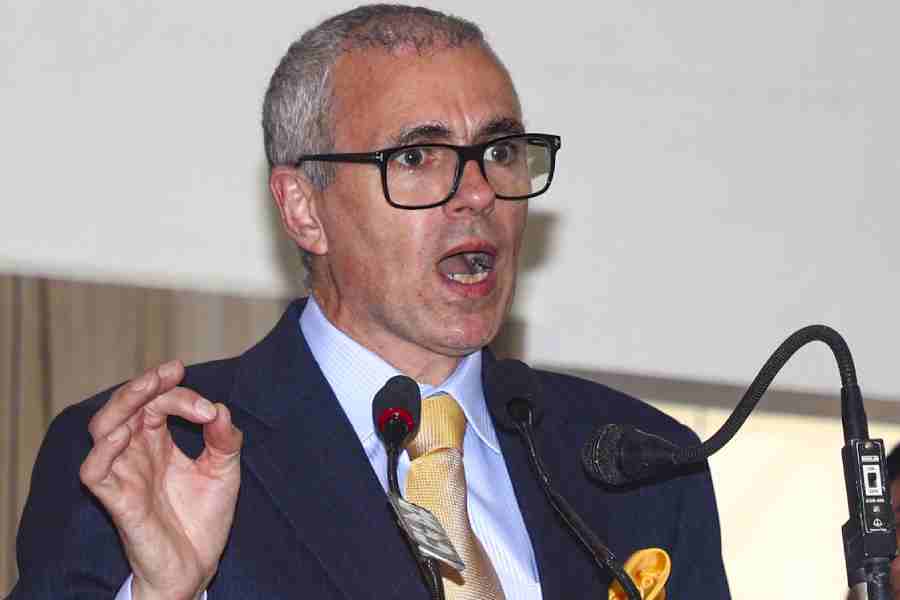When Mike Park first heard about the recent shootings in Atlanta, he felt angry and afraid. But almost immediately, he had another thought.
“We can’t just sit back,” he said. “We can’t sit in our little enclave anymore.”
Born in South Carolina to Korean immigrants, Park grew up wanting to escape his Asian identity. He resented having to be the one student to speak at Asian-Pacific day and felt embarrassed when his friends did not want to eat dinner at his house because of the unfamiliar pickled radishes and cabbage in his refrigerator.
Now 42, Park embraces both his Korean heritage and an Asian-American identity he shares with others of his generation. The Atlanta shootings that left eight dead, six of them women of Asian descent, made him feel an even stronger sense of solidarity, especially after a surge in bias incidents against Asians nationwide.
“I do think this horrible crime has brought people together,” said Park, who works as an insurance agent in Duluth, Gergia, an Atlanta suburb that is a quarter Asian. “It really is an awakening.”
For years, Asian-Americans were among the least likely of any racial or ethnic group to vote or to join community or advocacy groups. Today they are surging into public life, running for office in record numbers, and turning out to vote unlike ever before. They are now the fastest-growing group in the American electorate.
But as a political force, Asian-Americans are still taking shape. With a relatively short history of voting, they differ from demographic groups whose families have built party loyalties and voting tendencies over generations. Most of their families arrived after 1965, when the US opened its doors more widely to people in Asia. There are vast class divisions, too; the income gap between the rich and the poor is greatest among Asian-Americans.
“These are your classic swing voters,” said Karthick Ramakrishnan, president of AAPI Data. “These immigrants did not grow up in a Democratic household or Republican household. You have a lot more persuadability.”
Historical data on Asian-American voting patterns is spotty. Analyses of exit polls show that a majority voted for George Bush in 1992, Ramakrishnan said. Today, a majority of Asians vote for Democrats, but that masks deep differences by subgroup. Vietnamese-Americans, for example, lean more toward Republicans, and Indian-Americans lean strongly toward Democrats.
It is too early for final breakdowns of the Asian-American vote in 2020, along either party or ethnic lines. But one thing seems clear — turnout for Asian-Americans appears to have been higher than it has ever been. Ramakrishnan analysed preliminary estimates from the voter data firm Catalist that were based on available returns from 33 states representing two-third of eligible Asian-American voters. The estimates found that adult Asian-American citizens had the highest recorded increase in voter turnout among any racial or ethnic group.
As relatively new voters, many Asian-Americans find themselves uniquely interested in both major parties, drawn to Democrats for their stances on guns and health care, and to Republicans for their support for small business and emphasis on self-reliance. But they do not fit into neat categories. The Democratic position on immigration attracts some and repels others. The Republican anti-Communist language is compelling to some. Others are indifferent.
Former President Donald J. Trump’s repeated reference to the “China virus” repelled many Chinese-American voters, and the Democrats’ support for affirmative action policies in schools has drawn strong opposition from some Asian groups. Even the violence and slurs against Asians, which began spiking after the coronavirus began to spread last spring, have pushed people in different directions politically. Some blame Trump and his followers. Others see Republicans as supporters of the police and law and order.
Yeun Jae Kim, 32, voted for the first time last year. His parents had moved from Seoul to a Florida suburb when he was a child and started a truck parts salvage business. Kim went on to graduate from Georgia Tech and then to a job at Coca-Cola in Atlanta, but, like his parents, he was so focused on making it that he did not vote, or think about politics much at all.
Last year changed his mind. But how to vote and whom to choose? He and his wife spent hours watching videos on YouTube and talking at church to a politically experienced friend, also a Korean-American.
“For me it was pretty hard,” said Kim, who described himself as “in the middle” politically. “There are certain things I really like about what the Democratic Party is doing. And there are certain things I really like about what the Republicans are doing.”
He wanted to keep his vote private. But he said that casting a ballot made him feel good. “It made me feel really proud of the country,” he said. “Like everybody is in this together. It helped me feel connected with other people who were voting too.”
“Right now, it is this coming of age,” said Marc Ang, 39, a conservative political activist and business owner in Orange County, California. His father, an immigrant from the Philippines of Chinese descent, came to California in the 1980s as a white-collar worker in the steel industry. The state is now home to about a third of the country’s Asian-American population.
“Suddenly we are top doctors, top lawyers, top business people,” said Ang, who pointed out that the approximately 6 million Asians in California are equivalent to the size of Singapore. “It is just inevitable that we become a voting bloc.”
Ang, a Republican, worked to defeat an affirmative action proposition in California last year. But he praised Democrats and their efforts to draw attention to the storm of slurs and physical attacks over the past year, which he said have been a galvanising force, unifying even the least politically involved people from countries as different as China, Vietnam, the Philippines and South Korea.
More Asian-Americans are running for office than ever before. They include Andrew Yang, among the early leaders in the race for New York mayor, and Michelle Wu, the city councilor who is running for mayor of Boston. A Filipino-American, Robert Bonta, just became attorney general of California.
At least 158 Asian-Americans ran for state legislatures in 2020, according to AAPI Data, up by 15 per cent from 2018.
New York Times News Service










